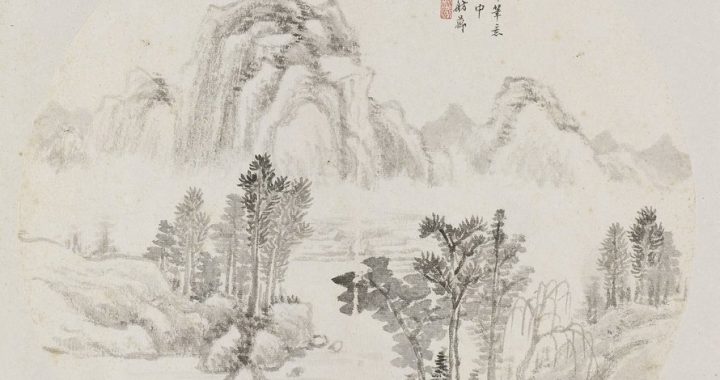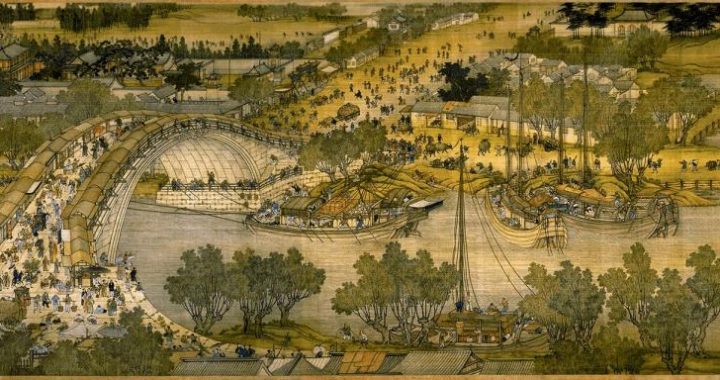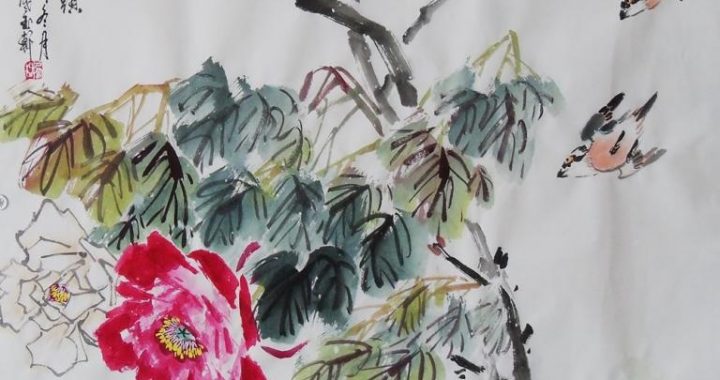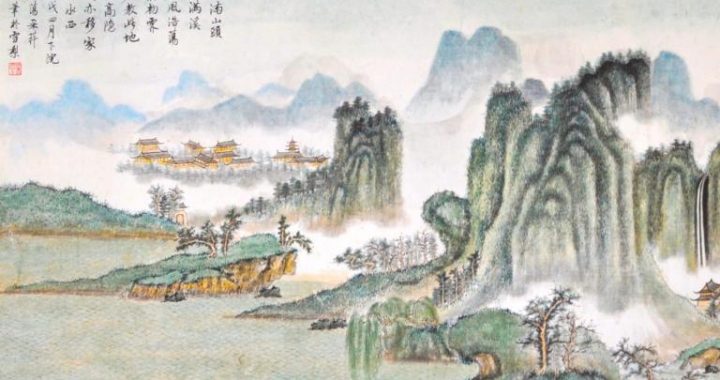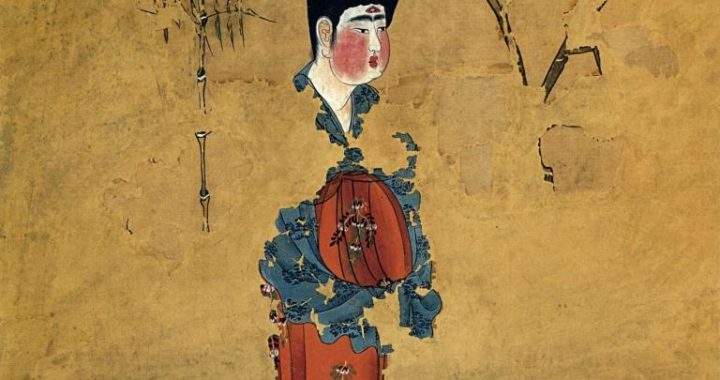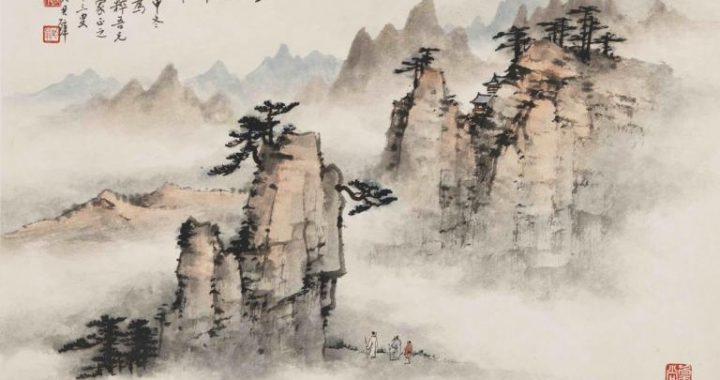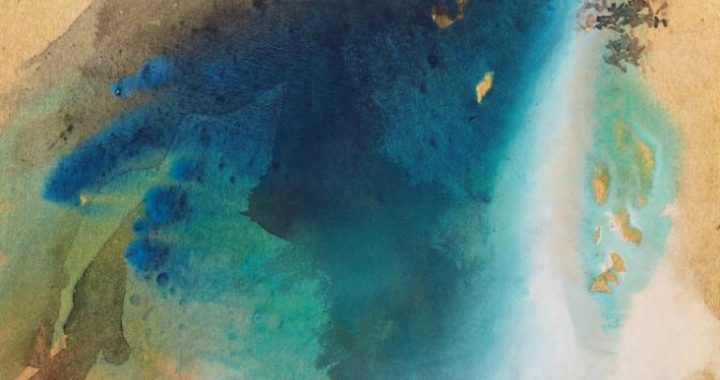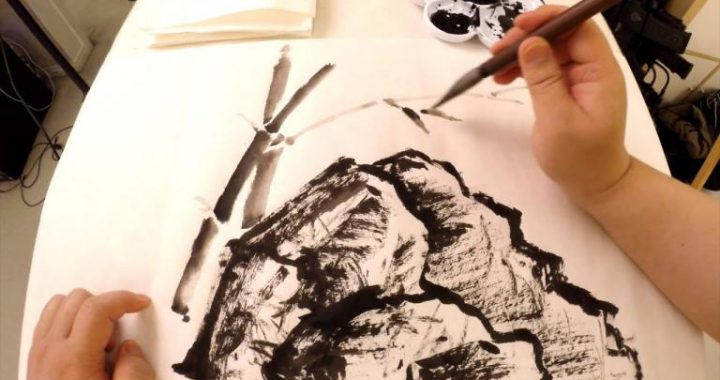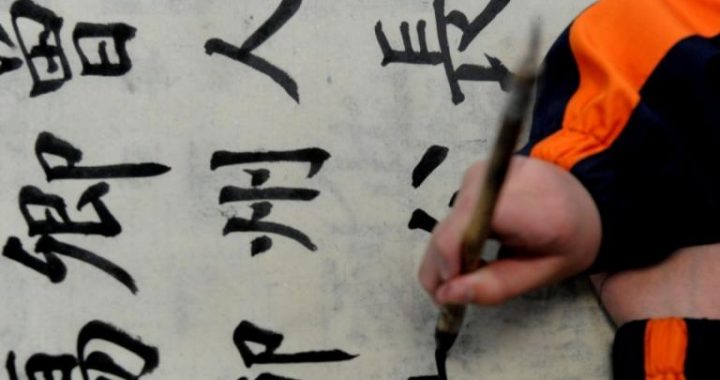Revival of Stele Inscriptions of the Wei Dynasty
4 min readAfter the Northern and Southern Dynasties,when people learned calligraphy in the Sui,Tang,Song,Yuan and Ming Dynasties,they mainly copied works of”Two Wangs”and seldom learned stele inscriptions of the Wei Dynasty.After the mid-Qing Dynasty,”Stele School”was on the rise,the value of stele inscription was re-discovered.Therefore,more and more people began to learn rustic and rough calligraphy style of stele inscriptions of the Wei Dynasty.Until now stele inscriptions of the Wei Dynasty still present brilliantly in the calligraphy art garden.As Zheng Daozhao was a master stele inscriptions of the Wei Dynasty,his calligraphy fourished in the society and his reputation was also ever-growing.People of the Qing Dynasty revered him on a par with Wang Xizhi(the most outstanding calligrapher of the Eastern Jin Dynasty,who mainly lived in the South)so that Zheng Daozhao was reputed as”North Saint”.
Stele for Zhang Menglong
Calligrapher:unknown
Creation Year:AD522
Style of calligraphy:regular script(stele inscriptions of the Wei Dynasty)
Size:stele height of 280 cm,stele width of 123 cm
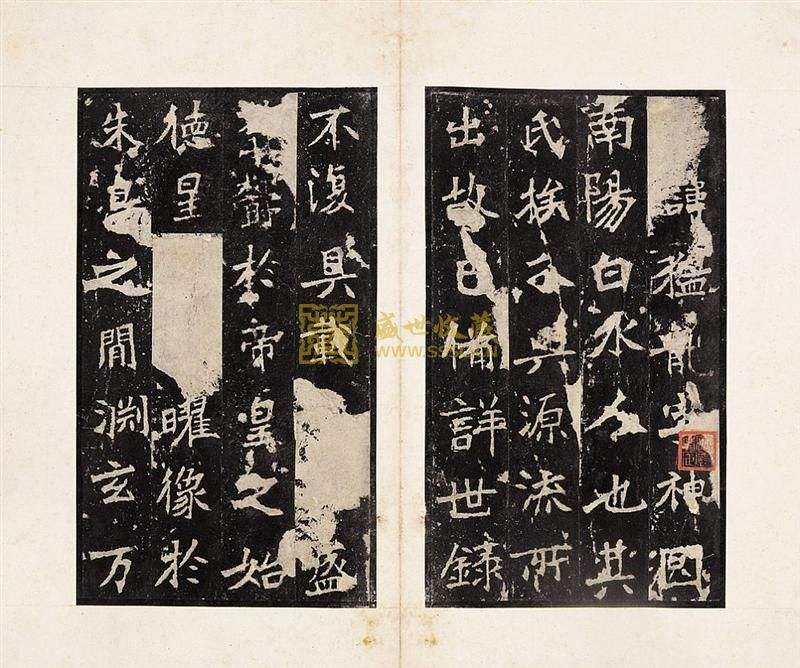
Stele for Zhang Menglong chronicles Zhang Menglong’s lifetime and his deeds of advocating education,which is kept in the Confucius Temple in Qufu,Shandong.Zhang Menglong was appointed as Taishou(Prefect)of Lu Prefecture(administrative region at a level higher than county).
This stele shows typical square stroke in calligraphy of stele inscriptions of the Wei Dynasty.Hard-edgedcharacters take very strong sense of carving.Starting and ending lines are straight and sharp,and turning points are angular,which look straightforward.Spotting strokes show varied shapes,which are either long or short and either upright or oblique.Horizontal strokes are mostly inclined to the upper right,which areunusually steep and dynamic.Changing font structure is not eclectic,which seems lively and free.Centralstroke is compact,but one or two main strokes stretch out so as to reveal casual and chic charms in the crisp and taut appearance.
Sharp edges and corners reflect very strong sense of carving.
Strokes,with bigger upper part and smaller lower part,look uniquely interesting.
Size varies with full of change.
Obverse side of stele or Zhang Menglong
Stele Forest of the Confucius Temple in Qufu
In Shandong Province,Qufu is hometown of the Confucius,a great thinker and educator in the late Spring and Autumn Period.The Confucius Temple is committed to worshipping and enshrining the Confucius,where a large number of ancient inscriptions are kept.This is the famous Stele Forest of the Confucius Temple.InStele Forest of the Confucius Temple,stele inscriptions of the Han Dynasty and the Northern Wei Dynasty,displayed in east wing of Hall of Great Achievement,are the most valuable.
GeneralKnowledge
Production of Stele Inscriptions
The production of stele inscriptions is completed by three general steps:1)Inscription contents must be drafted;2)Calligraphers must write inscription contents with cinnabar paint,and lay the manuscripts(that is.”Shu Dan”in the Chinese language);3)Carving craftsmen must engrave on steles according to manuscripts.
Therefore,stele inscriptions are not direct creation of calligraphy art,but rather carving under secondary processing.In other words,contents written with brush are chiseled out with knives,chisels and other tools.
This has the sense of carving different from ink,and looks vigorous,upright and sharp.
Brief Knowledge
Square Stroke
Relative to”round stroke”,some stele inscriptions have strong carved and chiseled marks.So the strokes are quite square to form square stroke effect.
Horizontal
stroke sees
—large tilt and corners Main stroke are clear-cut.is upright and
The Chinese character”Shui”shows relaxed and The Chinese character”Ye”features powerful and wide font structure.rigorous strokes.
-Upright vertical stroke determines the Central stroke is character’s center of gravity.
compact.
—Horizontal stroke tries to tilt to the upper The right side is a little
right,and it is powerful and dynamic.converged.
Left side stretch
Surrounded by the curved upward shape,it and looks thick.
is stable and calm.
Epitaph for Zhang Heiru Calligrapher:unknown
Creation Year:AD531
Style of calligraphy:regular script(stele inscriptions of the Wei Dynasty)
Size:unknown
Epitaph for Zhang Heiru records Nanyang Prefect Zhang Xuan’s life story in the Northern Wei Dynasty.The original stele has been lost,and the only rubbings are now collected by Shanghai Museum.
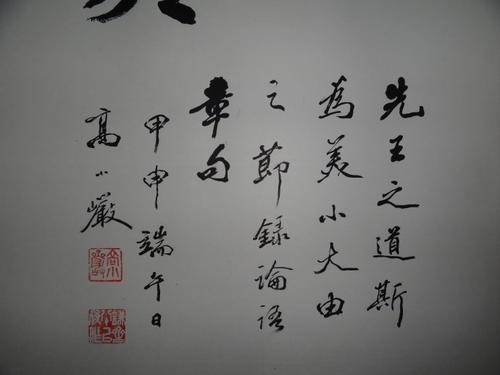
Although this epitaph is carved and chiseled,it applies square and round strokes and proves combination of inflexibility and yielding,with distinctive brushwork feature.Spotting strokes stress echo each other,central strokes as dominant lines,which are occasionally interspersed with side brush movement.They are either round or square,which look rich and interesting.The strokes are applied in light and heavy manner,with frequent raised strokes and flavor of disconnected strokes and connected connotations.Font structure is mostly in flat square shape,which hides changes in the strictness and reveals dignifed charm.Character spacing and line spacing are loose,while brushwork is dynamic but not exposed.This artwork carries forward the legacy of Zhong You’s calligraphy.
